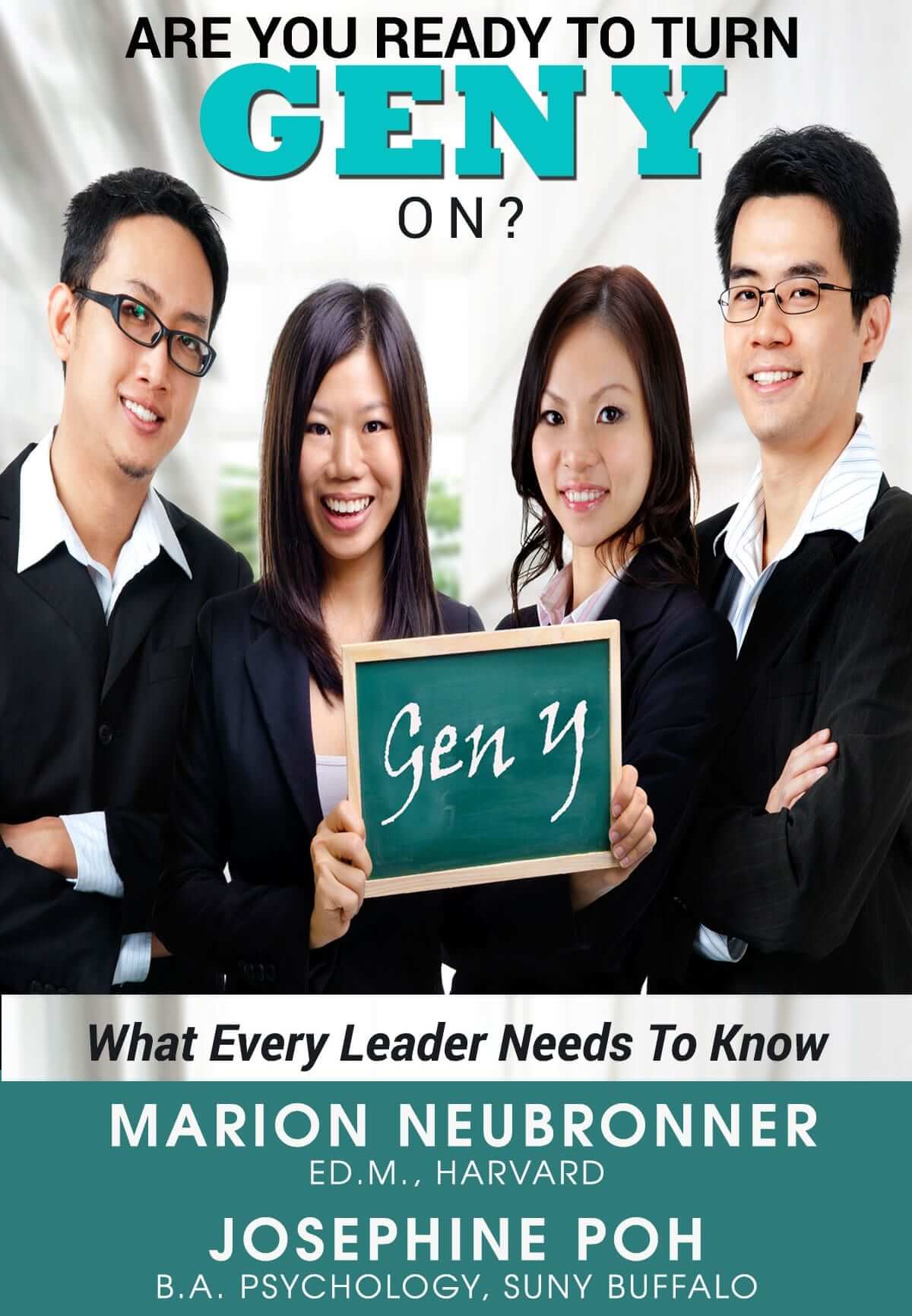Josephine (Gen Y):
As an all-rounder during my school years (I did well both in school and co-curricular activities), I was nervous about entering the workforce. However, I was sure that I would give my very best as an employee. Intelligence, diligence, humility and hard work – this should pack quite a punch.
When I joined the company, I completed the DISC assessment, which showed my traits to be Influencing (I) and Steadiness (S). This means that people matter to me a lot.
I found it difficult to say no to people or get them to do something they did not want to. Colleagues shared their time limitations and preferences with me, and I found myself empathizing with them and covering as much of their work as I could. I knew if I were in the same situation, they would do the same for me. As a result, I shared a great bond with my colleagues.
My employer, obviously, became furious. I was expected to make my colleagues produce work whether or not they wanted to, whether or not they enjoyed it and whether or not they had the time for it. I was expected to be the ‘bad’ person.
I also had difficulty handling ambiguity. Steadiness is always something I desire. Instability and sudden changes throw me off guard and make me anxious.
The company had a vision I could relate to, but nevertheless, amidst the long-term goals, there was ambiguity I could not handle, as I could not see what my employer was able to see.
My employer was disappointed with me, as what she had taught me to overcome my fear of instability was not put to good use. I tried, but I was still stumped by the lack of directions and plans.
Eventually, I realized that while I may be passionate about the work, and could identify with the long-term goals, the expectations of me were beyond my abilities. Deep down, I knew I could change. But was I willing to do so for my work? For this work?
I moved on.
—————————–
This is an excerpt from a soon-to-be-published book “Turning Gen Y On: What Every Leader Needs to Know“, based on over 7 years of research on the subject of Managing Multi-Generational teams. Please visit our Publishizer Campaign at https://publishizer.com/are-you-ready-to-turn-gen-y-on/proposal/ for info.





























